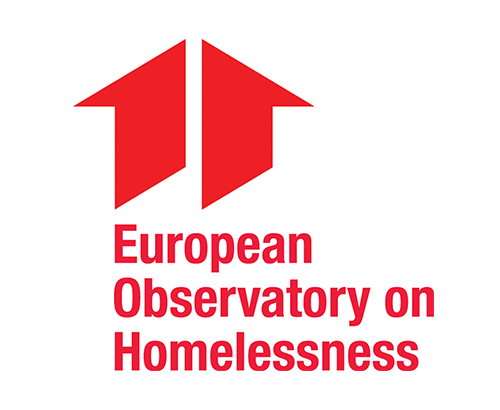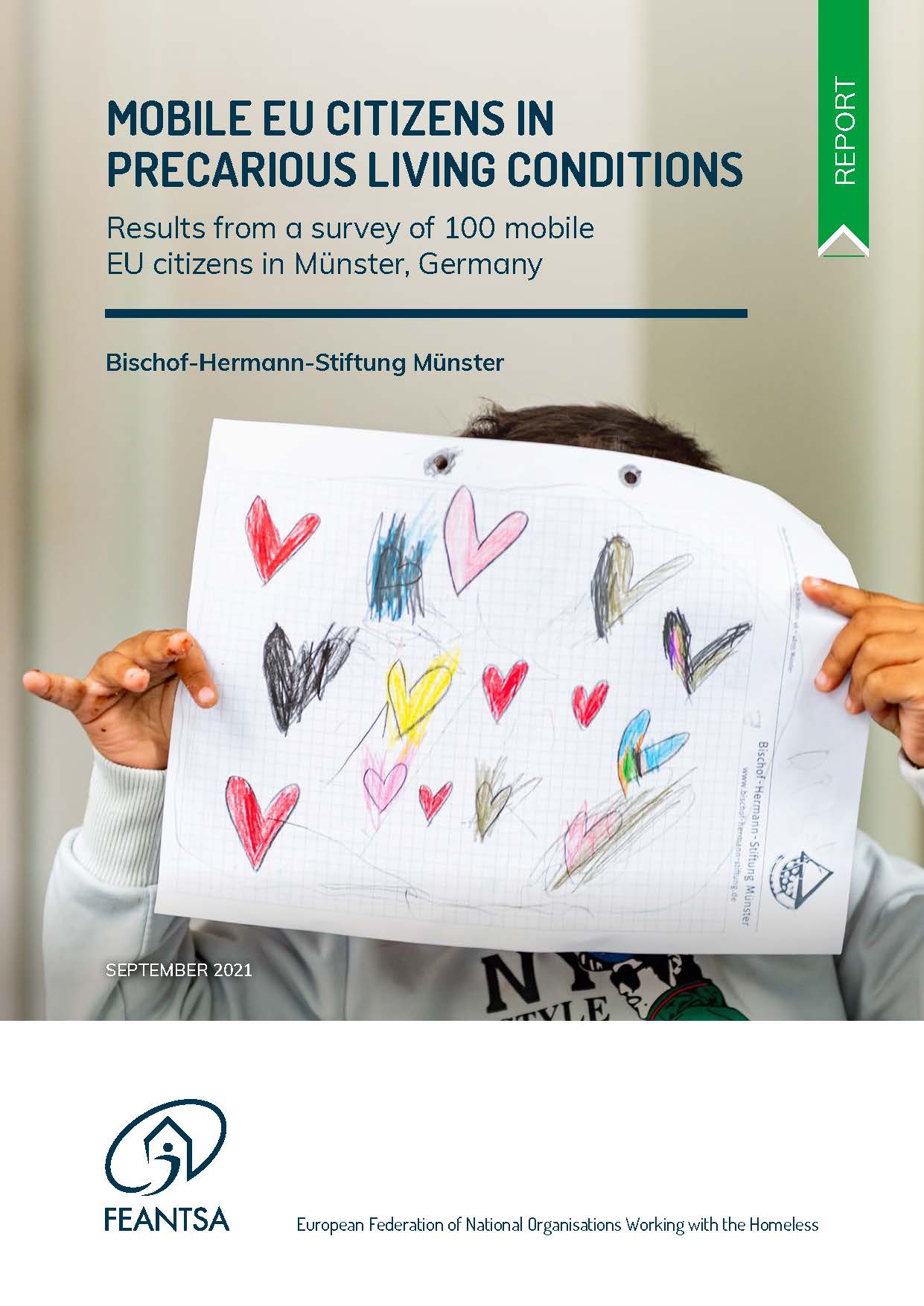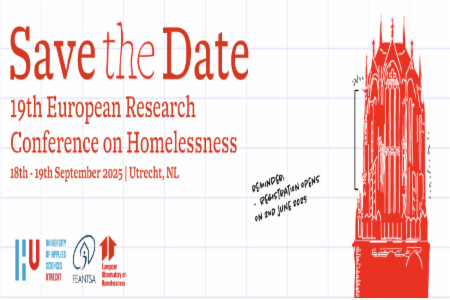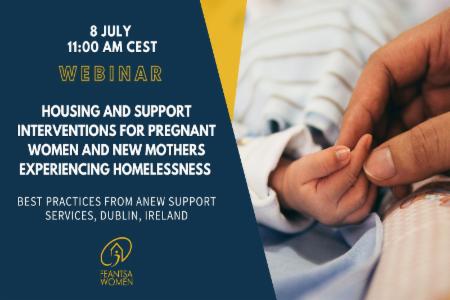EU Freedom of Movement: (not) for everyone?:
Report reveals challenges of destitute mobile EU citizens in Münster (Germany)
Download the press release here (online PDF)
Read the report here
Today, in the framework of the PRODEC project,[1] FEANTSA and the Bischof-Hermann-Stiftung published our report “Mobile EU citizens in precarious living conditions: Results from a survey of 100 mobile EU citizens in Münster, Germany”. The report is based on a survey, conducted between October and December 2020, of 100 individuals who are destitute mobile EU citizens living in Münster and who live in homelessness and/or precarious living conditions. It presents information about their living conditions in Münster, the challenges this group faces, and aims at unpacking the main reasons why they face destitution.
Despite an overall successful freedom of movement across the EU, a growing number of mobile EU citizens are experiencing homelessness in European cities. It is therefore crucial to collect and disseminate more information about their living conditions, and to advocate for changes which will prevent them from becoming homeless. The report published by FEANTSA and the Bischof-Hermann-Stiftung aims to contribute in this regard by offering an overview of how the legal framework shapes individuals’ stays in Germany; the availability and use of support services; the impact of the pandemic; and potential actions that can be taken by homelessness organisations and other actors to improve mobile EU citizens’ living conditions.
The data collected show that up to 73% of the people who answered the survey from Münster were relatively young, between 19 and 48 years old. Most of the respondents came from Bulgaria (59%), followed by Romania (15%) and Slovakia (9%). Almost half of them (48%) self-declared as belonging to a minority group, the most frequent being Roma. Interestingly, almost two thirds have been staying in Germany for a long time: 21% of them for more than 5 years, and 42% between 1 and 5 years. 84% of the respondents had a registered address in Münster, and almost everyone was entitled either to free movement (81%) or to permanent residence (15%).
Nevertheless, even if having lived for a long time in Germany, 60% of the respondents qualified as homeless, according to the definitions of FEANTSA’s ETHOS typology.[2] The most frequently used types of accommodation were emergency shelters for families (31%) and emergency shelters for single individuals (10%). Fortunately, none of the respondents declared to be sleeping rough. Of the 39 individuals who were not in homelessness at the time of the interview (they had a tenancy contract), 90% had experienced homelessness in the past.
Destitution among mobile EU citizens in Münster may be partially explained by the lack of access to jobs and precarious working conditions reported by the respondents: only 60% had a job, of which half were employed in a so called “mini-job” working between 8 and 10 hours/week, or sometimes less. The monthly salary of mini-jobs is around 450€, which is not enough to cover basic needs or to have health insurance covered by the employer. It often leads to problems from job centres in recognising the worker status. Other factors cited as contributing to the destitution of mobile EU citizens were: barriers when registering at the municipality, poor knowledge of German, limitations of European and German laws governing free movement (for example, the ambiguity of the term “worker”), structural discrimination, or difficulties with the job centres and welfare services in receiving assistance. Given that navigating complex administrative and migration processes requires a knowledge of the system as well as a lot of time and effort, many destitute mobile EU citizens need the support of professionals like the ones in the Bischof-Hermann-Stiftung.
FEANTSA and the Bischof-Hermann-Stiftung want to draw attention to the need to protect the rights of mobile EU citizens in vulnerable situations and with this report we do so by identifying some of the key factors that push individuals and families who exercise their right of free movement into destitution.
[1]PRODEC - Protecting the Rights of Destitute EU mobile Citizens is funded by the European Programme for Integration and Migration (EPIM).
[2] ETHOS – European Typology on Homelessness and Housing Exclusion was developed by FEANTSA to provide a better, more harmonised understanding and measurement of homelessness in Europe. For more information: https://www.feantsa.org/en/toolkit/2005/04/01/ethos-typology-on-homelessness-and-housing-exclusion?bcParent=27
FEANTSA is the European Federation of National Organisations Working with the Homeless. We are the only European NGO focusing exclusively on the fight against homelessness. Our goal is an end to homelessness in Europe. FEANTSA works with over 120 members across 28 countries including 24 EU Member States.
The Bischof-Hermann-Stiftung (Bischof-Herman Foundation) is a private church foundation located in Münster, Germany. It provides numerous services for homeless people, ranging from direct access emergency accommodation to specialised services for homeless people in need of care, older people with a history of homelessness or people with mental health needs.





